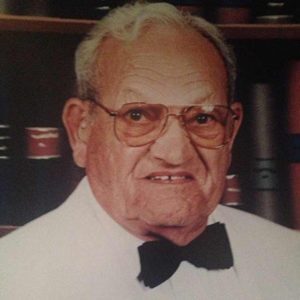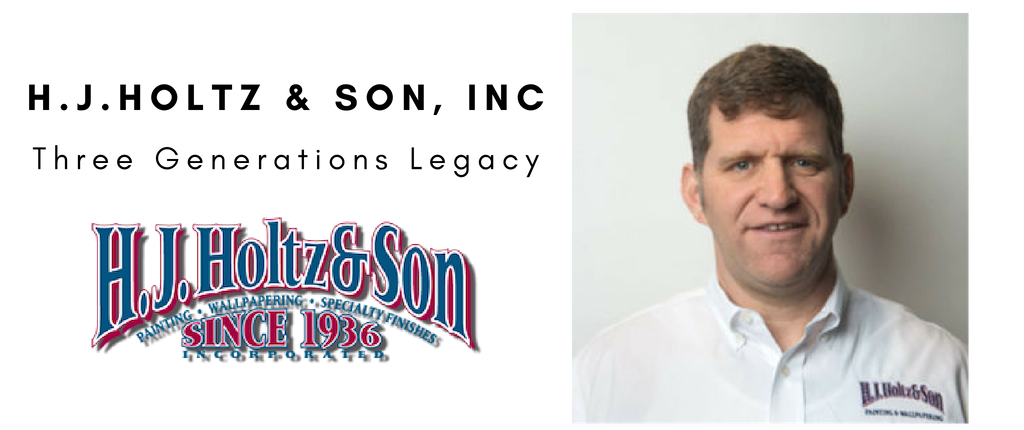Only 12 percent of family businesses survive to a third generation. Only four percent make it to a fourth generation.
There are many reasons why a family business doesn’t continue, says Sam Davis III, director of the VCU Family Business Forum, an organization that seeks to support family ventures by providing educational and networking opportunities.
“Most businesses end because of market conditions or no family member wants to continue,” Davis says. “But there’s a body of knowledge about multi-generational family businesses that all too few know exist or are schooled in. It’s our goal to educate family businesses about the best and worst practices as well as a conceptual understanding of how family businesses are different from other businesses.”
The group’s monthly meetings, held September through May, feature speakers on a variety of business and financial planning topics and occasionally are multi-generational business owners themselves.
“Members learn as much from each other as from our speakers,” he says. “They are more likely to implement what they’ve learned from a peer.”
Last year, one of those speakers was H.J. Holtz & Son owner Rick Holtz. “Rick is a third-generation owner of a unique business, succeeding against all odds,” Davis says. “His is a fragmented industry. His business morphed from his grandfather hanging paper, then to painting, now adding back the hanging of paper. That’s pretty unique – to stay in the same line of business. He has very compelling story and was very well received by our Family Business Forum audience of his peers.”
In his remarks, Holtz talked about how the family business survived the varying approaches taken by different family members. His grandfather, Herman J. Holtz, was a “jack of all trades” who would pull in workers as needed for projects and was always on the lookout for new customers and jobs. By contrast, Rick’s father, Richard Holtz, Sr., wanted smaller, high-end clients, focusing on the residential market.


When Holtz Sr. bought the business in 1971, Herman Holtz opened his own woodworking shop, and his son, the new owner, whittled the staff to a smaller, more specialized team, which at times included his own son, Rick.
Rick Holtz started working for the business when he was 13. Rather than join the firm right after high school, Holtz went to Virginia Tech and majored in urban affairs and planning, with no intention of taking over the family business. “After graduation, I went to work for the state,” he says. “After that year, the program wasn’t renewed, and I didn’t have a job.”
Needing something to do, Holtz began working as a painter for H.J. Holtz & Son. Soon, he had a serious conversation with his grandfather, who assured him he could take on the family business and make it his own, telling his grandson, “This business can be anything you want it to be. Be a business person.”
With that encouragement, Holtz joined the company full-time in 1995 and bought the business from his father in 2007.
Holtz liked his father’s model of building relationships with customers and others in the industry, but described his first years at the helm as “controlled chaos.” After surviving the Great Recession of 2008-2009, Holtz recognized he needed a fresh approach. “I changed my mindset from working in my business to working on my business,” he says. “I was running my parents’ company even though it was mine.”
Holtz hired a business coach, a marketing professional, and a financial planner. Together, the team developed an employee-driven philosophy that includes caring for one another, caring for customers, and making money.
Along the way, Holtz says, he learned some simple truths:
- You’ve got to spend money to make money.
- You don’t need to be the man or the woman in charge; you can be one of many contributors.
- Discipline and follow-through are important.
- Find issues in your company that don’t have owners. Find owners for those issues and you’ll have fewer problems.
And finally:
- Success is scary and can be as uncomfortable as failure. Take courage to relish success and treat it as the new norm.
In the end, Holtz says, he’s exactly where he should be. “I was destined to be in the industry from the time I was a little kid with my dad to when I used to work in the summers,” he says. “I’m always trying to find opportunities for my employees and my business. I was grateful to be able to share our story with the Family Business Forum members.”

